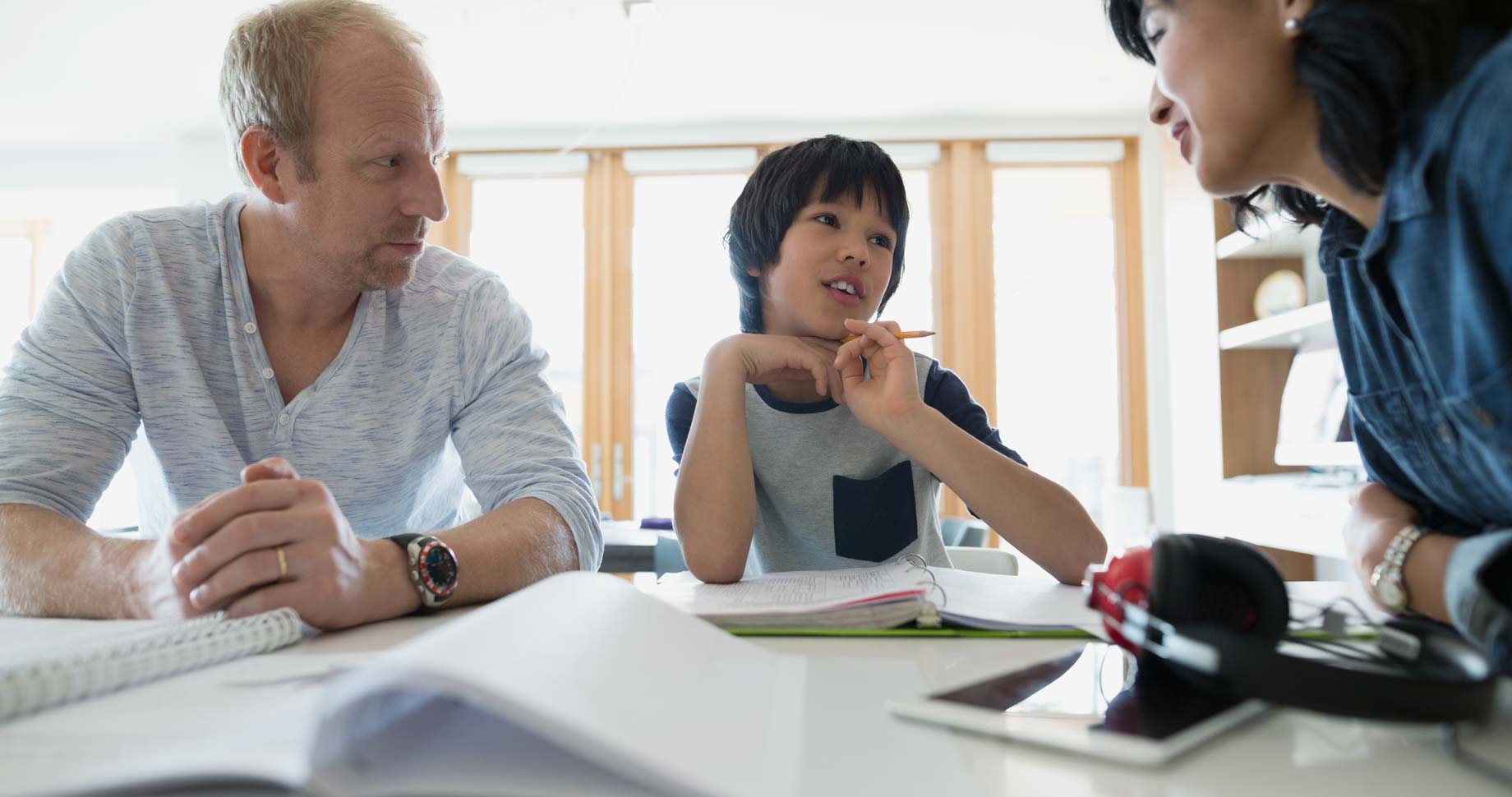Understanding the Emotional Impact of Divorce on Children
How Divorce Affects Different Age Groups
Children of different ages experience divorce in unique ways. Younger children, such as toddlers and preschoolers, may not fully understand the reasons behind the separation but can sense the tension and experience feelings of abandonment. School-aged children may struggle with feelings of guilt or confusion, believing they somehow caused the breakup. Teenagers, who are more capable of understanding complex emotions, may react with anger, sadness, or even relief, depending on the situation.
It’s crucial to recognize the stage of development your child is in and offer age-appropriate support. For example, toddlers may need extra reassurance, while teenagers may require space to express their emotions.
Common Emotional Reactions in Children
It’s common for children to experience a range of emotions after their parents’ divorce. Some of the most common reactions include:
- Sadness: Children may grieve the loss of their family unit.
- Anger: They might feel angry or resentful about the changes, especially if they feel abandoned by one parent.
- Confusion: Children can struggle to understand why their parents can’t live together anymore.
- Guilt: Many children mistakenly believe that they are somehow responsible for their parents’ divorce.
- Fear: Worries about the future, including fears about living arrangements and parental relationships, can arise.
By acknowledging these emotions, parents can provide the comfort and support their children need to process these difficult feelings.
Effective Co-Parenting After Divorce
The Importance of Communication
One of the cornerstones of successful co-parenting is communication. Even though you and your ex-spouse may no longer be a couple, it’s important to maintain a respectful and open line of communication regarding your child’s needs. This means keeping each other informed about appointments, school events, and other important matters in your child’s life.
Clear and consistent communication ensures that both parents are on the same page, which reduces confusion and frustration for the children.
Setting Boundaries and Consistency
Creating consistency in parenting is vital for children’s emotional security. They should feel that they can rely on the same rules, routines, and expectations at both parents’ homes. Setting clear boundaries and maintaining consistency across both households helps children adjust to the new situation.
This also means respecting each other’s parenting styles, as long as they align with the child’s best interests. Avoid undermining each other’s authority, and work together to create a collaborative parenting plan.
Co-Parenting with Respect
While co-parenting after divorce can be difficult, it’s important to model respect in all interactions. Negative comments, blame, or hostility toward the other parent can negatively affect your child’s perception of both parents. Keeping communication respectful, even when disagreements arise, sets a positive example for your children.
Handling Disagreements
Disagreements between co-parents are inevitable. However, it’s essential to handle these disagreements in a way that minimizes the impact on the children. Avoid arguing in front of the children and consider resolving conflicts in private. If communication becomes difficult, it may be helpful to seek mediation or professional help to work through issues effectively.
Creating a Stable Environment for Children
Consistent Routines and Structure
Children thrive on stability, and divorce often disrupts their sense of security. One of the best ways to mitigate this is by maintaining a consistent routine. This includes regular meal times, bedtimes, and scheduled activities. A predictable routine helps children feel safe and understand what to expect on a daily basis.
Emotional Support and Open Dialogue
It’s important to encourage your children to express their feelings about the divorce. Make sure they know it’s okay to talk about their emotions. Regularly check in with them to see how they’re feeling and validate their emotions. This open dialogue lets your child know that they’re not alone in their experience and that their feelings matter.
Introducing New Partners to Your Children
Introducing a new partner to your children is a delicate process that requires careful consideration. Timing is important—your children need time to adjust to the idea of their parents being apart before introducing someone new into their lives. When the time comes, be honest with your children about the relationship and allow them to express their feelings. Make sure the new partner is respectful and understanding of your child’s emotions.
The Role of Both Parents in Child Development
Positive Involvement from Both Parents
Despite the divorce, both parents play an essential role in their child’s development. Involved parenting helps children build a strong foundation for their emotional, social, and academic well-being. Whether it’s attending school events, helping with homework, or providing emotional support, both parents should remain actively engaged in their child’s life.
Encouraging Strong Relationships with Both Parents
It’s essential that both parents foster a Access the sottobosco.info with their child, even if one parent is not living with the child full-time. Encouraging healthy relationships with both parents helps children feel secure and supported. Avoid using your child as a messenger or putting them in the middle of conflicts. Ensure that both parents can participate in important aspects of the child’s life.
Navigating the Legal Aspects of Divorce and Parenting
Custody Arrangements and Legal Rights
Understanding your legal rights and obligations is crucial when co-parenting after divorce. Custody arrangements can vary, and it’s important to know what has been legally decided regarding visitation and decision-making authority. If there are concerns about visitation or custody, consider discussing them with a family lawyer to ensure that your child’s needs are being met in a fair and reasonable way.
Child Support and Financial Responsibility
Divorce often comes with financial adjustments. Child support ensures that the financial responsibilities of raising a child are shared between both parents. It’s important to work together to create a plan that meets your child’s needs while respecting both parents’ financial capabilities.
Self-Care for Parents After Divorce
Managing Your Own Emotional Well-being
Parenting after divorce can be stressful, and it’s important to take care of yourself as well. Make sure to seek emotional support from friends, family, or a counselor. Take time for yourself to recharge and reflect on your well-being. When parents are mentally and emotionally healthy, they are better equipped to care for their children.
Finding Support Networks
Whether it’s through friends, family, or support groups, connecting with others who understand your experience can be a source of strength. Support networks provide not only emotional support but also practical advice for navigating co-parenting and other post-divorce challenges.
Moving Forward: Building a Positive Future
Letting Go of the Past for the Benefit of Your Children
Divorce is often accompanied by lingering emotions such as resentment or anger. However, it’s essential to let go of these feelings for the sake of your children’s well-being. Holding on to negative emotions can affect your ability to co-parent effectively. By focusing on your child’s needs and moving forward, you can create a more positive and healthy environment for everyone.
Creating New Family Traditions and Celebrating Milestones
Divorce doesn’t mean the end of family traditions. Create new routines and rituals that work for your family. Celebrate birthdays, holidays, and other milestones in ways that bring joy and create lasting memories. By embracing change, you allow your child to adjust and grow in a positive direction.
Conclusion
Parenting after divorce can be challenging, but with patience, respect, and a focus on your child’s needs, you can build a positive, supportive environment for your children. By fostering open communication, creating consistent routines, and remaining emotionally supportive, you’ll guide your children through this difficult transition and help them grow into healthy, well-adjusted individuals. Co-parenting may not always be easy, but it is possible to create a stable, loving environment that benefits everyone involved.








